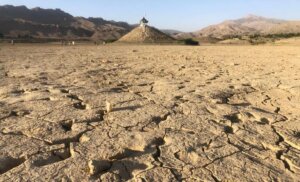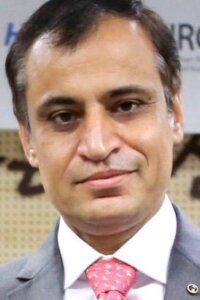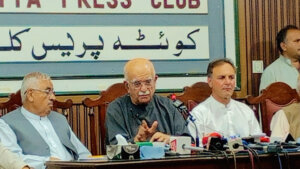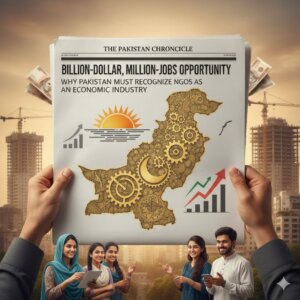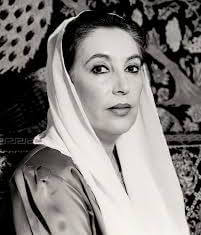Is equality a myth?
By Nabila and Bilal :
To vote for your representative is the basic right we all have, but it is not something that women had before. Women could not vote due to the patriarchal belief that women were not fit to be part of the political system.
Women were only fit for household roles as per the 19th and 20th-century beliefs established by the privileged, white men of Europe and North America. The first wave of feminism that emerged in Europe and the US, demanded the right to vote. According to the first wave, women were not some objects to be limited to households, they had their own identities and could be phenomenal leaders such as Margaret Thatcher.
August 26 is celebrated as Women Equality Day
26 August is celebrated worldwide as Women Equality Day- the day when women in the United States got the right to vote for the first time in history when the nineteenth amendment was adopted in 1920. Ever since then, women’s equality has long been debated, and to ensure that there is no disparity in women’s representation in every field, Goal 5 of Sustainable Development Goals (SDGs) ensures equality for women, but we are far from reaching that point.
75 years later, women are still fighting for equal representation in Pakistan, and progress towards gender equality has been slow and reversible. Women are more likely to be poor, illiterate, unhealthy, underrepresented, especially in Balochistan.
Women literacy rate in Balochistan is the lowest
Women’s literacy rate in Balochistan is the lowest in the whole world, and the status of women’s health, here, is in shambles. One cannot forget or ignore the traditional beliefs of a patriarchal system that stops women from equal representation and are the barrier towards women’s rights in Balochistan. Women hardly have a say in the matters pertaining to their lives because society believes that women are only homemakers, which is not the case. She is a whole human being. There is more to her than just homemaking. She has talents and ambitions and goals. She can be a mother, a sister, a daughter, a wife, and can also be a leader, an influencer, a businesswoman, a civil servant; she is as human as a man is.
In such circumstances where women are objectified and there are hurdles between themselves and the lives they want, and where the literacy rate is low, it is the duty of the state to ensure every girl receives an education.
Around 1.8 million children are out of school in Balochistan
Around 1.8 million children are out of school in Balochistan. 66 percent of school-age children are out of school and 70 percent of them are girls. It is imperative that women are properly educated, not only because it is their right but also because it is good for our economy.
To address this issue, BRSP is trying to ensure women’s representation in Balochistan. BRSP believes that sustainable and effective change can only be brought through the active participation of men and women, boys and girls in all the stages of the change process. BRSP perpetuates this belief during policy development as well as planning and implementation of its programs in communities. Moreover, BRSP with the financial assistance of the European Union established BRACE Programme in the 8th Districts of Balochistan.
Women are given representation in Community Institutions. 139,482 women are members of Community Institutions while 12,301 women have been given Leadership Trainings. To balance the literacy rate in Balochistan, 7584 women have benefited from Adult Literacy and Numeracy (ALN) course.
BRSP focuses on empowering women through social mobilization
BRSPs focus on empowering women through social mobilization, awareness-raising, access to social sector services such as health, education, sanitation, and livelihood opportunities, so their families and communities can also benefit. BRSP’s focus is to address poverty at the household level because we believe that poverty exists at the household level, therefore, an appropriate intervention at the household level can reduce poverty. BRSP’s approach towards gender equality is a role model and if applied on a provincial scale, it can bring about change in our society that will not only ensure women’s representation in every field of life but also contribute a great deal to our economy.

